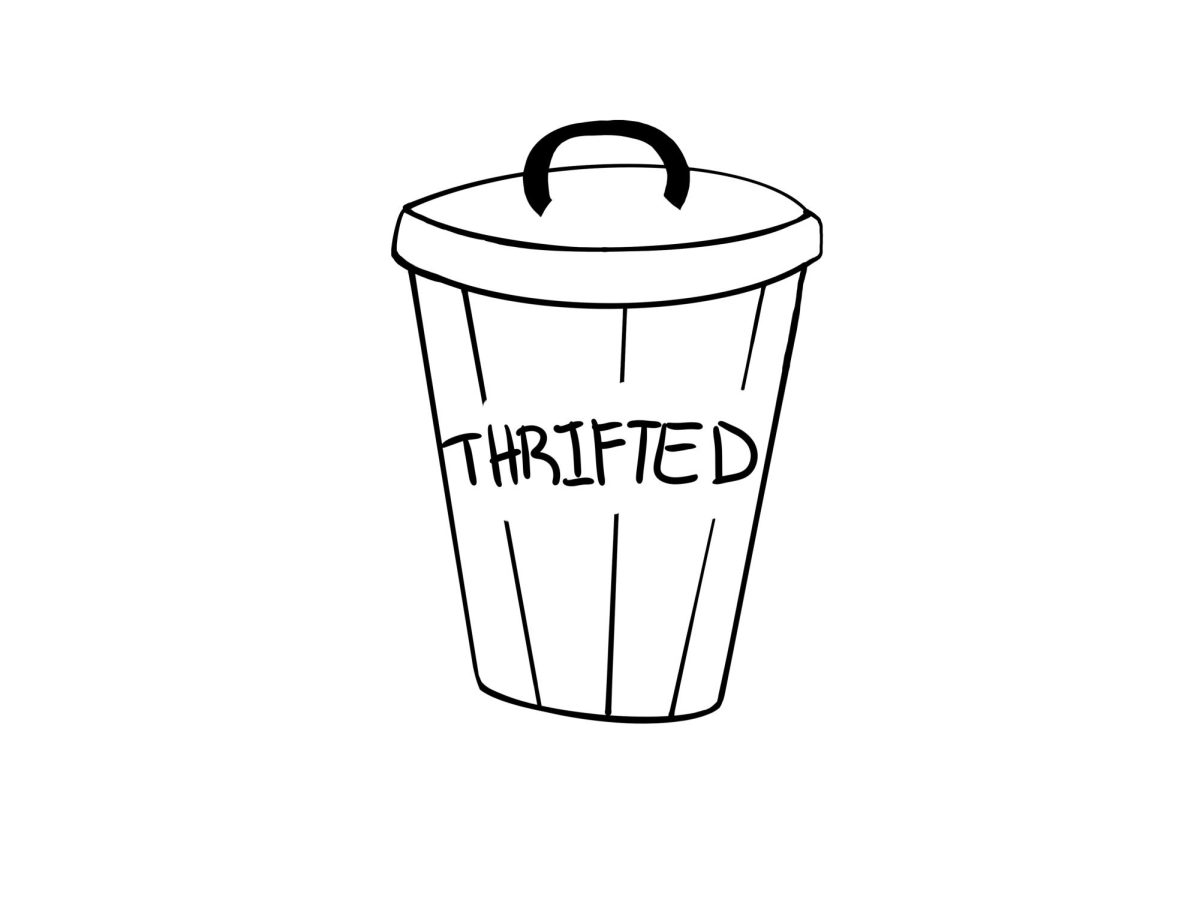“Just one more…” Click. The next episode of How I Met Your Mother starts. Twenty minutes later, “Well, maybe just one more, it’s only twenty minutes long…” As the credits roll, “Well, I have enough time to watch another…”
The TV coma has already set in.
Every time I open my laptop, I get stuck in a downward spiral. Time ticks away, and I become glued to the couch, hypnotized by the shows.

Many of my fellow teenagers and I tend to watch TV on our computers instead of live when the show originally airs on the network or cable stations.
This method of viewing is detrimental to us because the websites that stream TV shows are encouraging us to binge-watch television. Surprisingly, however, this is becoming more acceptable among the teenager culture.
Our generation has access to millions of television shows at our fingertips. No longer is it necessary to wait a week to watch your favorite show. Many episodes are available on the Internet at all times of the day on websites such as Netflix, Hulu, XfinityTV, and Amazon Prime.
A weekend wasted away in front of the computer screen has become common with teenagers. Binge-viewing, watching an excessive number of episodes at a time, almost seems to go hand in hand with watching television on a computer.
TV streaming sites such as Netflix have been aiming to increase a binge-viewing audience and ingrain it in our TV viewing culture.
House of Cards and Orange is the New Black are Netflix-made shows that capture this binge viewing mentality. Netflix did not slowly add a new show each week — it put all the episodes in a season up in one day for a binge-viewing mania.
In this way, the TV streaming sites have captured an aspect of ourselves that we hate – our couch-potato mentality. Once an episode starts, we have a hard time turning it off. Our lethargic nature takes over and there is no motivation to stop watching. When you finish the first episode of House of Cards, the next episode is right there when you are done, staring you in the face, tempting you to watch just one more. It takes a strong-willed person to not give in, and we all have those moments of weakness where we just cannot resist the temptation.
The worst part about binge-viewing is the time that is wasted. In the month of August, 2012, 650,685,000 videos were streamed on Hulu. The average Netflix viewer spent over ten hours streaming content during this same month.
As students, especially at Redwood, we tend to have full plates. With school, work, sports, and other extracurricular, time to ourselves is limited.
Sometimes pulling out a computer is a simple vice and an easy way to relax just for a little bit. However, in this tired mental state, it is easier to fall for the temptation of binge-viewing.
Binge drinking and binge eating are frowned upon by society in general, so how come binge-viewing has become glorified among the teenage population?
If I were to spend a day solely watching TV, my friends would probably be sympathetic because they too have done it before too.
Binge viewing has inspired instant gratification among teenagers, a habit that will not help us in the future.
In general, the human mind is prone to immediate pleasure, and ingraining this practice of binge-viewing is detrimental to the future of our society.
In reality, there is no solution to the problem.
Binge-viewing is becoming infused in our television culture. We want to say that we have control over how much TV we watch, but with the television streaming websites manipulating us, it’s not always that simple to resist the temptation.
















